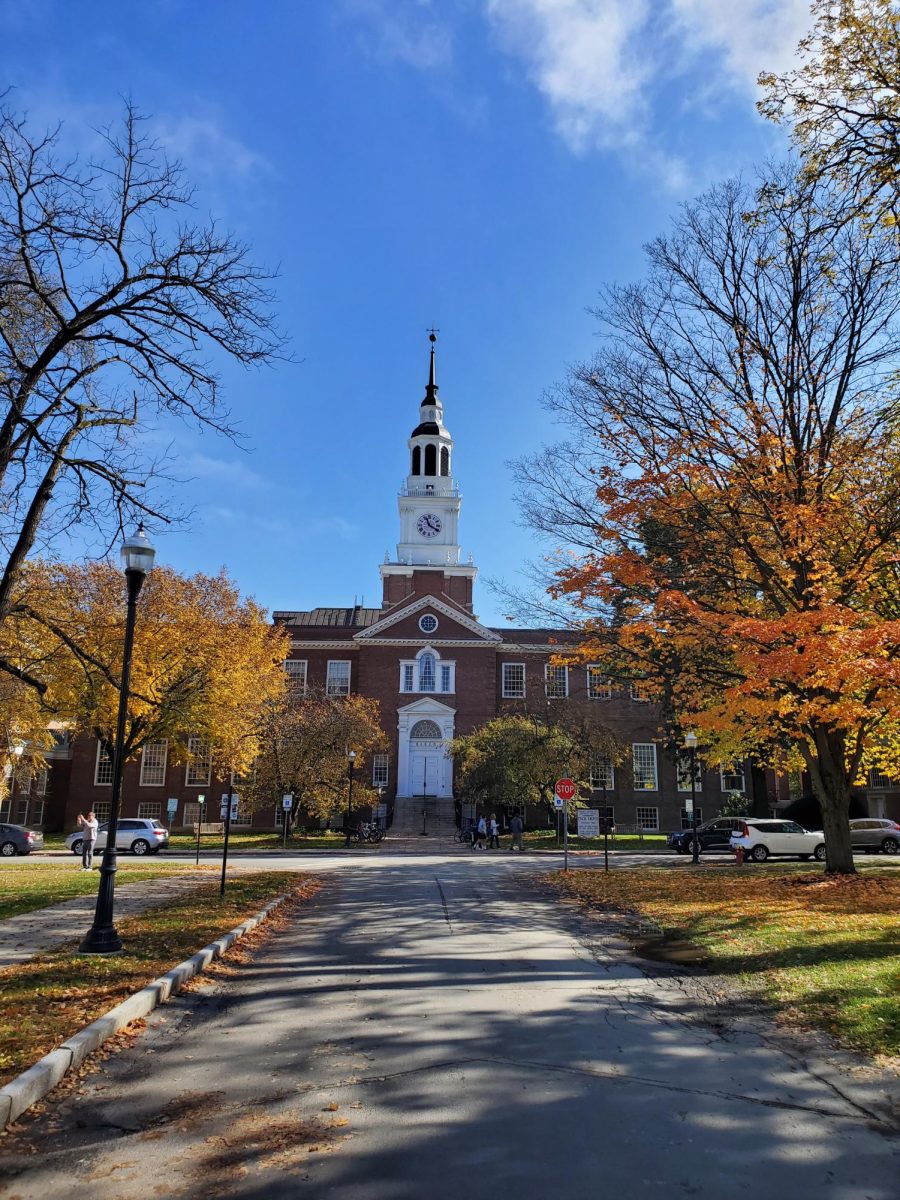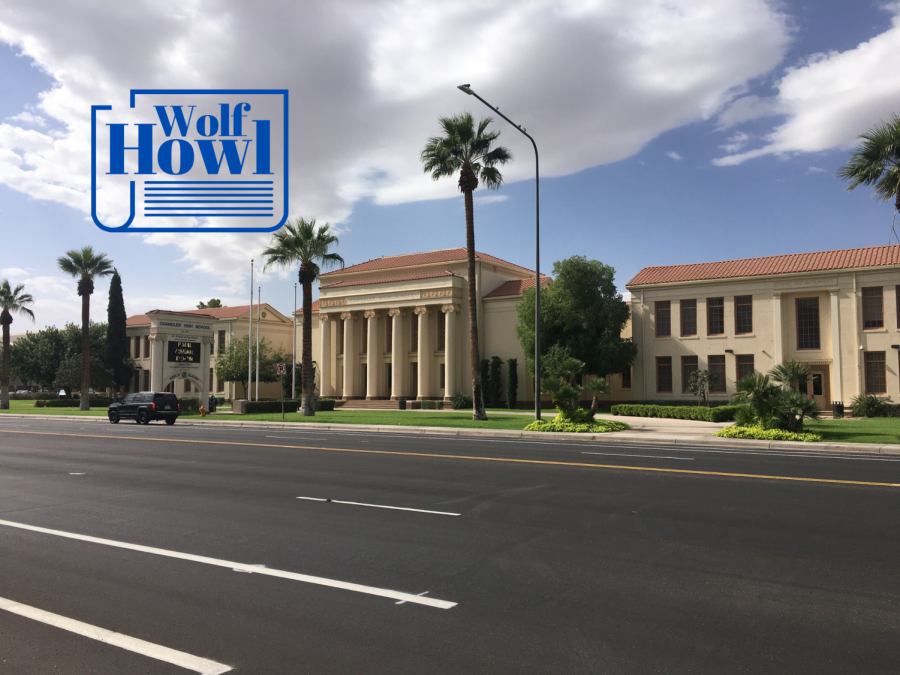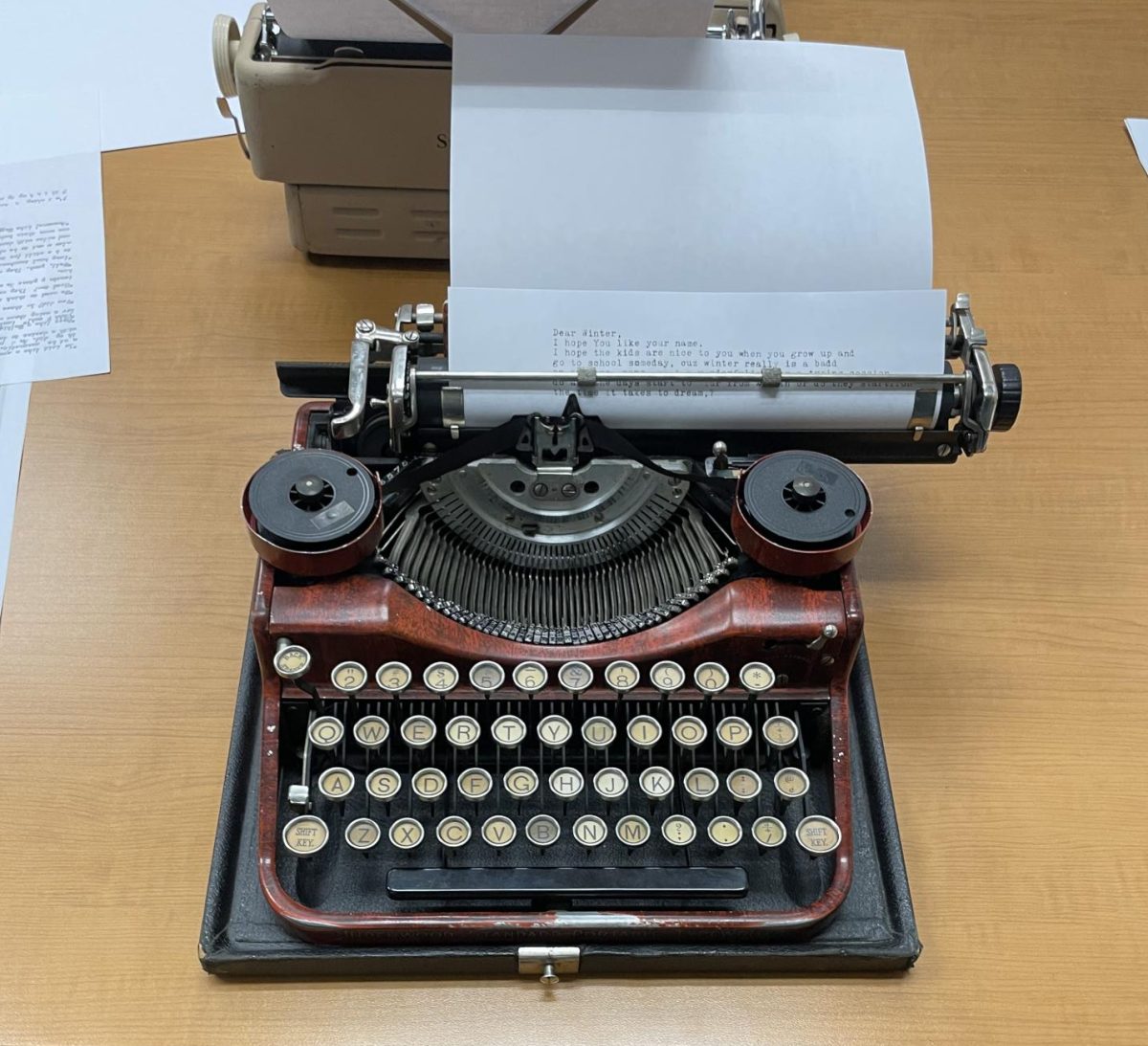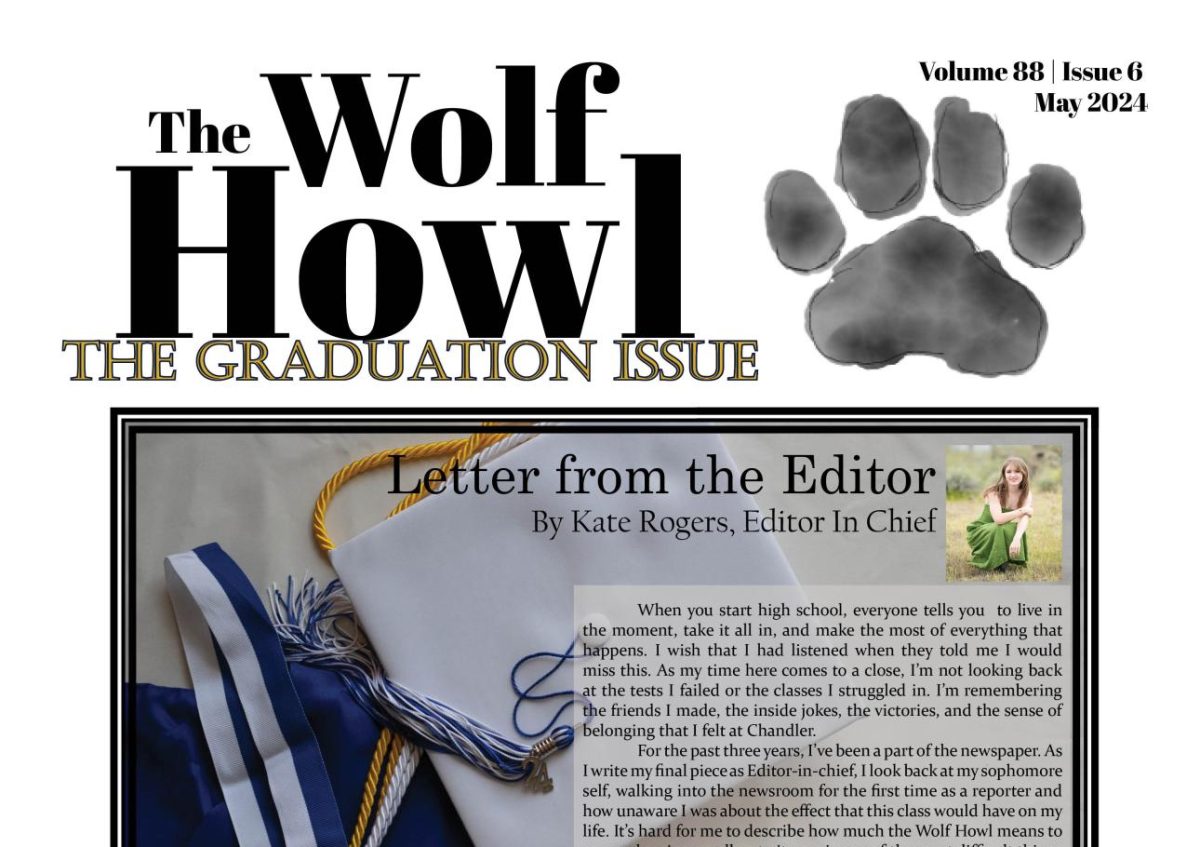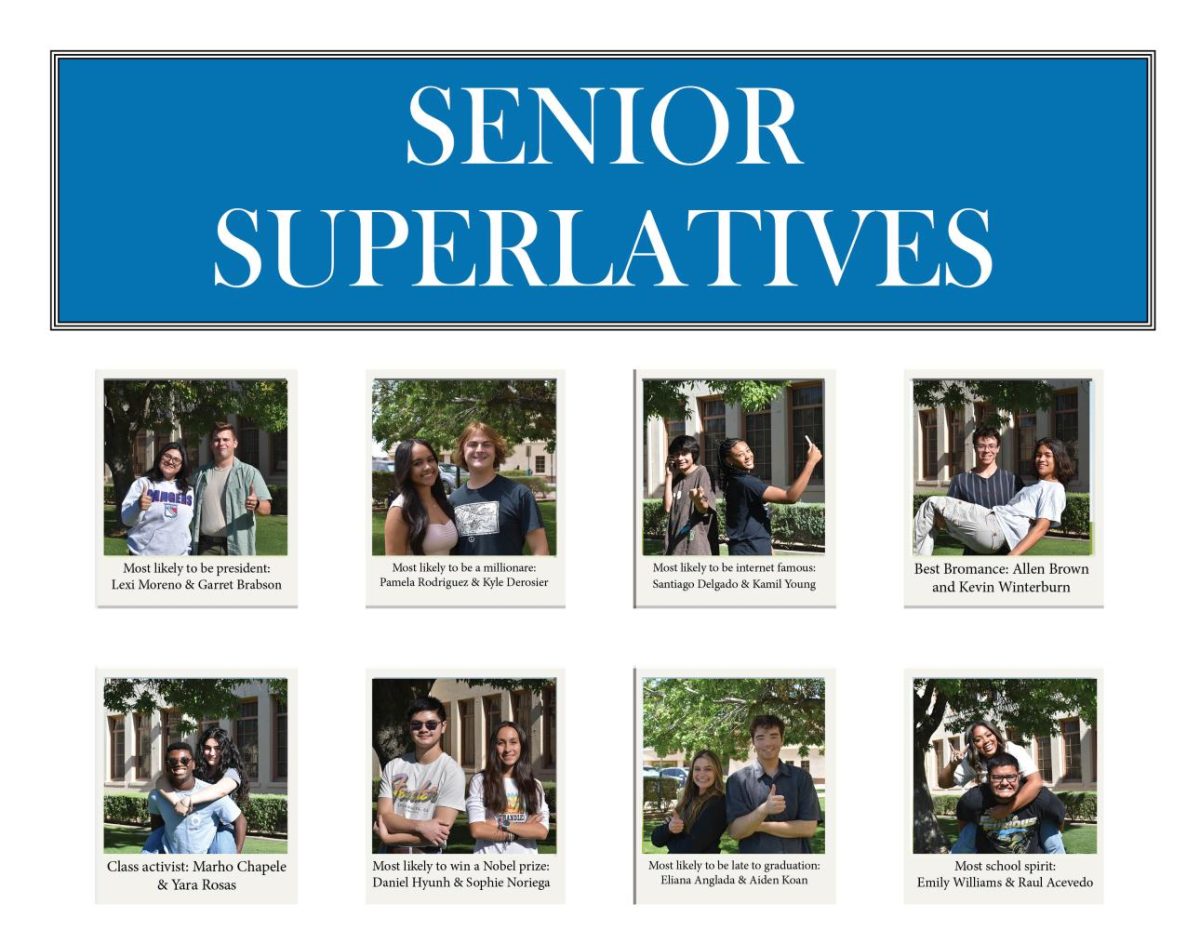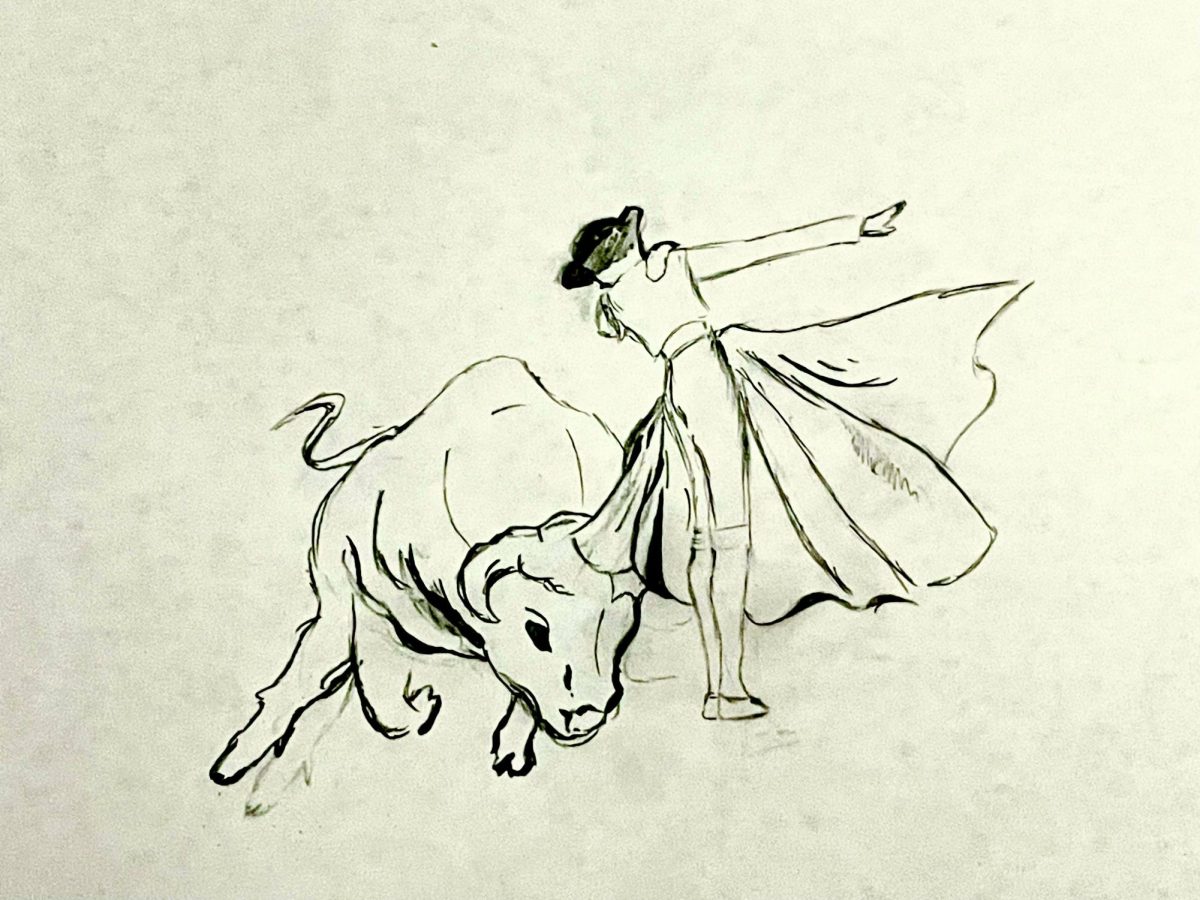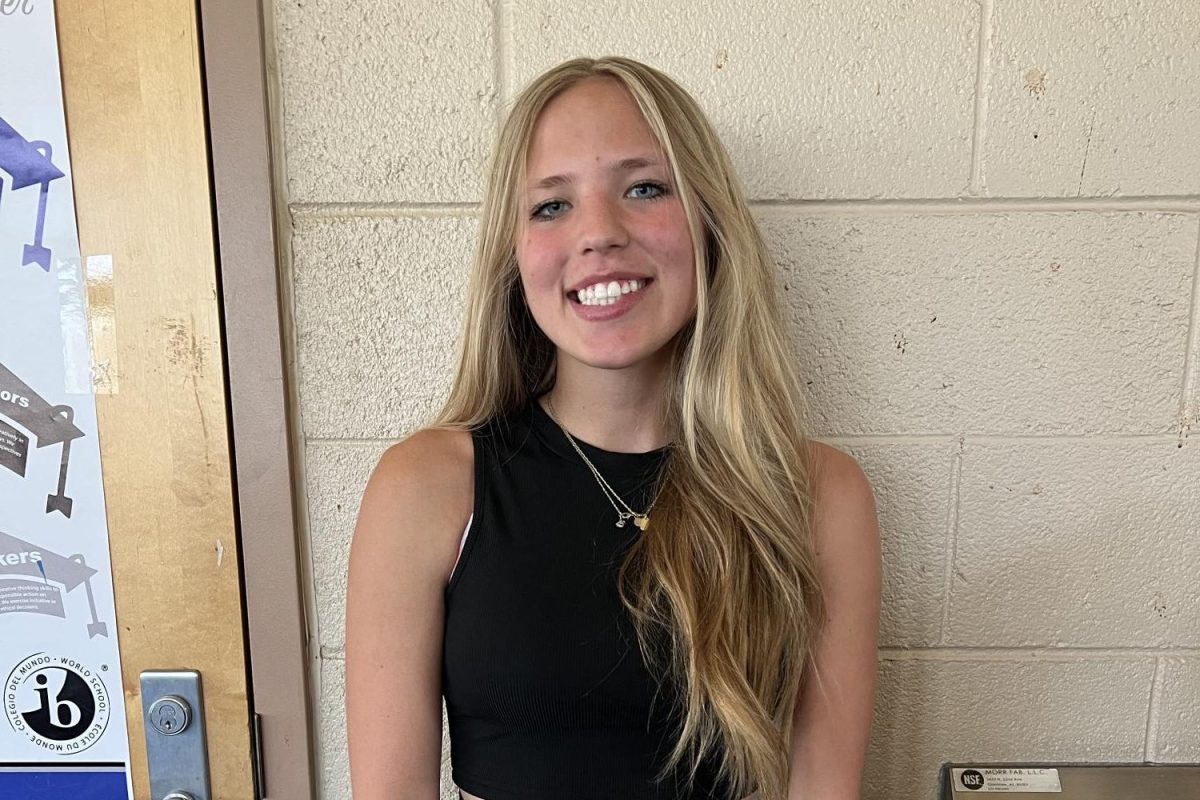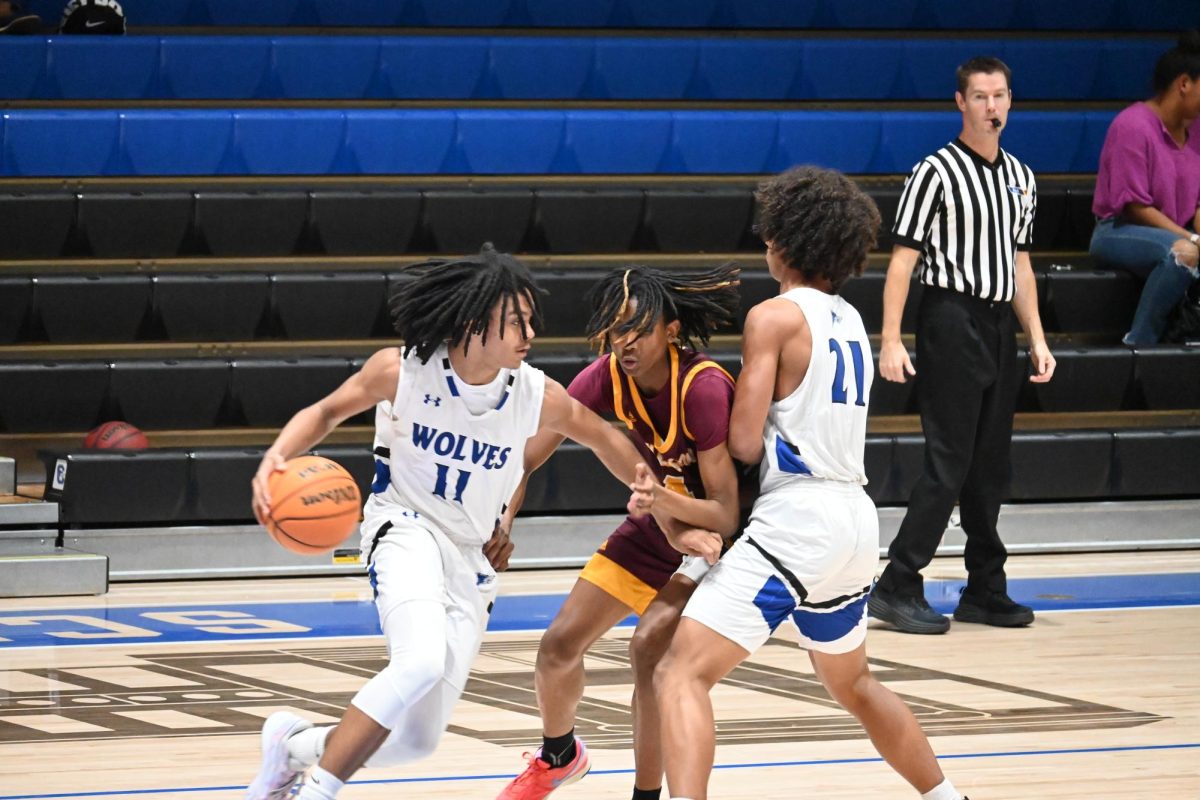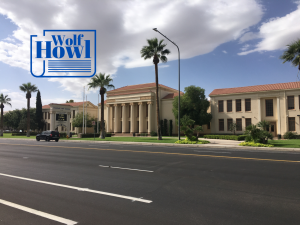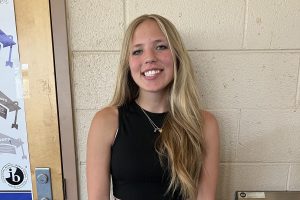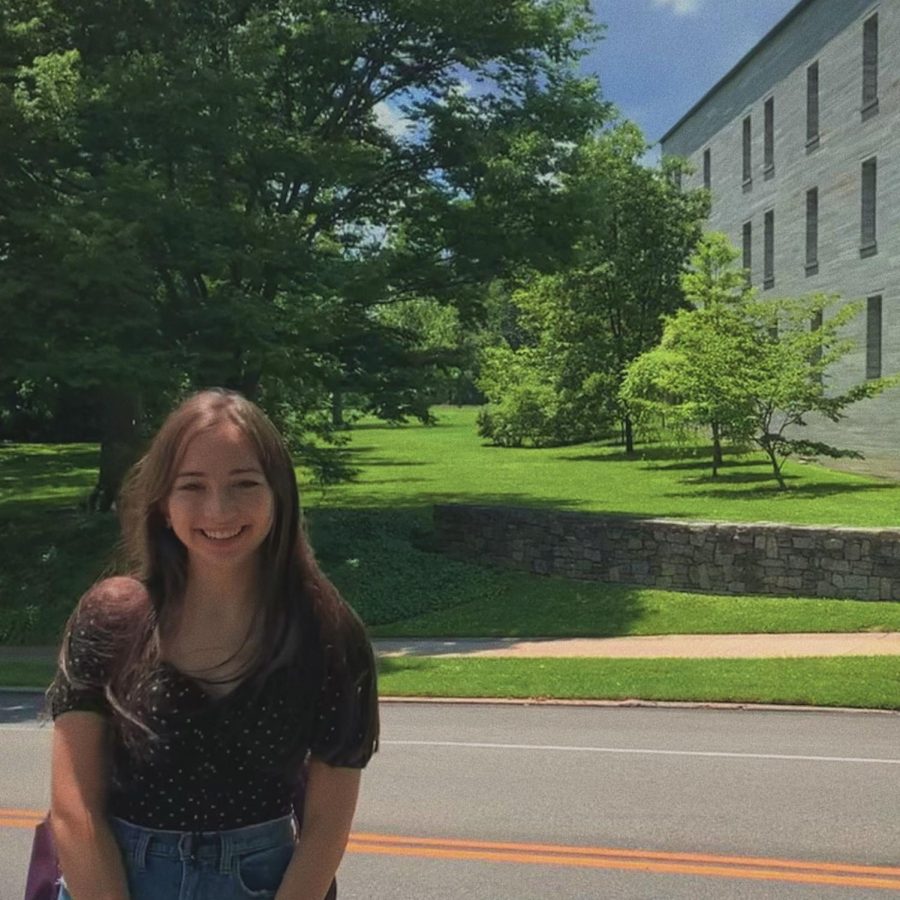When Hurricane Harvey destroyed my grandma’s house in Texas, I became much more aware of the dangers of climate change and the dangers of ignoring it.
Our climate is changing as a result of the atmosphere being thickened by industrial emissions of carbon dioxide, methane, and nitrous oxide. These molecules prevent the sun’s heat from escaping the atmosphere when it is reflected off the earth’s surface, thereby trapping the heat like a coat, which has caused irreversible global warming and extreme heat waves.
This is also increasing the temperature of trade winds and ocean waters which causes more severe hurricanes. Higher air temperatures also retain more water in the atmosphere, which is causing droughts. In turn, these droughts make wildfires more severe because more plant material is dry enough to ignite.
My aunt sent us a video of a California wildfire in her suburban Anaheim neighborhood, which was horrifying and heartbreaking to watch. The once lush green rolling hills were unrecognizable and resembled the aftermath of a volcanic eruption.
We cannot afford to speak of climate change as a hypothetical of the future.
The California wildfires, Louisiana hurricanes, extreme blizzards, the throat-burning New Delhi smog, the Arizona drought are happening now, taking lives now, and can no longer be ignored.
Yes, Global Warming is also separating polar vortexes of cold air at the poles and moving them farther south, which is causing extreme low temperatures in the Northeast U.S. This is why it is incorrect to assume that pollution isn’t changing the climate just because a city has cold temps.
With hurricanes, a rise in temperatures has caused a rise in sea level from polar ice caps melting, and a rise in temperatures above the ocean increases the amount of water vapor pulled into storms, which has caused the devastation of hurricane Ida in Louisiana which moved across land to New York and New Jersey and caused deaths from flooding there as well.
With the help of officers Katrina Nguyen, Fiona Fajut, Mika Mesa, and Griffin Eckstein, and our 35 members and counting, Sustainability Club has made strides to help the environment in our own home turf. So far, we have established an educational partnership with the ASU School of Sustainability, met with administration about sustainable energy and water use practices, and planned volunteering opportunities in the community.
Solar power, water usage, and waste reduction are our club’s focus. We will be continuing these projects as well as spreading awareness about sustainable practices individuals can make. In terms of a call to action for readers, ‘Over two-thirds of Americans believe the government is doing too little to reduce effects of climate change’ (Pew Research Center).
Firstly, call your representatives to voice your concern. Just 100 companies are responsible for 71% of global emissions, so these polluters, rather than individuals, should be the focus of regulations. Sign petitions and donate to funds to help people affected by the climate crisis whether in Flint, Michigan or Lagos, Nigeria.
In your day-to-day life, be mindful of your purchasing. If a clothing item is cheaply made and will go out of style in a few years, consider saving your money. Dyeing and bleaching processes release toxins into the air that instantly harm the lungs of factory workers and harm worldwide air quality.
Many clothing materials require crude oil to be extracted from the ground and are woven with plastic, which does not biodegrade (break down into reusable materials in the ground), making it a perpetual polluter. Many clothing and plastic items also have to be shipped overseas from China, which uses a lot of energy.
Eating less meat also helps reduce your carbon footprint, because beef requires much more water and energy to produce than similar foods, and cows release methane, which traps heat in the atmosphere.
The most important advice I could give is this: do not lose hope.
Autumn Towne is a Senior at Chandler High School. Currently serving as Co-Founder and President of Sustainability Club, in addition to her role as President of Model United Nations and Co-Vice President of Spanish Honors Society, Autumn positively contributes to the CHS campus.


